In the News
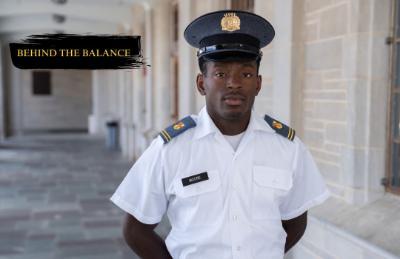
Virginia Military Institute offered a path to success, Destin Moore ’27 explained. The psychology major from Georgia wasn’t familiar with VMI at first, but after talking to several football coaches, he was inspired.
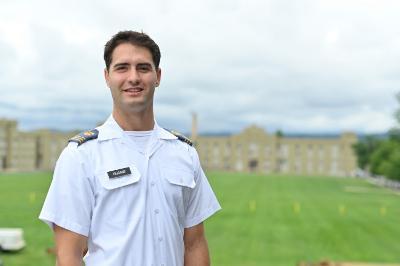
Josh Kiggans ’25 has always wanted to help others. He came to Virginia Military Institute with the mindset to join the military. However, over the years, he realized another goal.
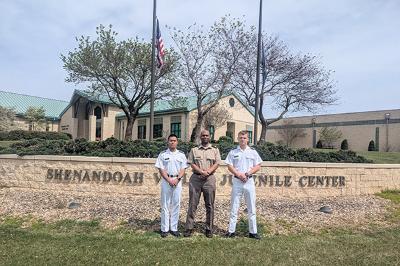
Maj. Aubrey Whitehead, assistant professor in the Department of Psychology, volunteers as a senior mentor two hours each week at the Shenandoah Valley Juvenile Center (SVJC) in Staunton, Virginia.
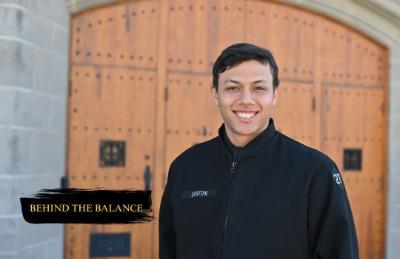
The hurdles of college and extracurricular activities mean something a little different for Zach Denton ’27, considering he actually jumps hurdles. As part of the Virginia Military Institute track and field team, Denton is dedicated to going the distance.
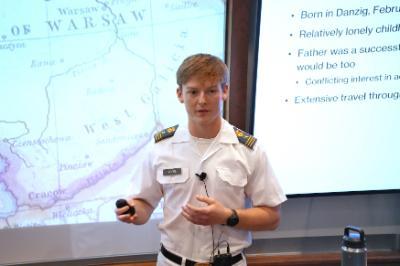
Simon Moore ’25 was drawn to Arthur Schopenhauer’s pessimistic views and honesty about pain and suffering. He said it might be considered a taboo subject, but it intrigued him.
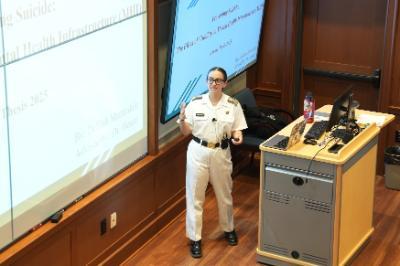
Delilah Martindale ’25 researched for her honors thesis, “Preventing Suicide: The Effect of Visibility on Mental Health Infrastructure.” She chose the subject of suicide prevention in order to merge her major in international studies with her minor in psychology.
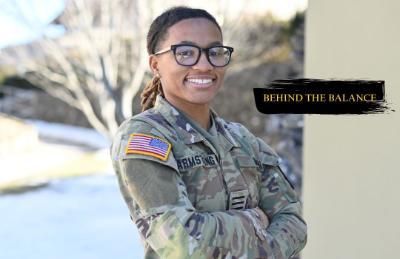
Adrenaline and nerves flow through Eleyah Armstong ’25 before she starts a race. As a captain and sprinter on Virginia Military Institute’s track and field team, the anxiety dissipates quickly as she runs.

Col. Glenn Sullivan, associate professor, and Maj. Michael LaRocca, assistant professor in the Department of Psychology, are concerned with those statistics, and have received a $150,000 grant from the Virginia Department of Veterans Services to conduct research on veteran suicide prevention.
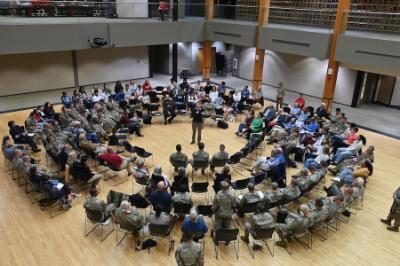
The College Debates and Discourse Program at Virginia Military Institute continued its development throughout the fall semester, beginning with a partnership with the State Council of Higher Education for Virginia and the national College Debates and Discourse Alliance.

Sedona Dancu '25 thrives in VMI's demanding environment. From balancing soccer practices and cadet duties to growing in faith as a cadet chaplain, she credits VMI for teaching her discipline and time management.
.svg)
.png)